What is Health Industry’s future With Blockchain and AI in 2024?
How does the future of Healthcare will look like with blockchain?
Can technologies like Metaverse, Artificial Intelligence, Cryptocurrency and NFTs be used in Health and Medical system?
You must be having these questions right?
Let’s dive deeper in the world of web3 and see what it offers for your Sickness ?
Let’s start with the problems the Healthcare sector faces and how it can be tackled ?
Subscribe to Webikh Newsletter
The Only AI and Web3 Focused Newsletter
Subscribe & Download Freebies !
The Problem: Healthcare’s Headaches 😖
Scattered Records 🧩
Your medical history is scattered across different clinics, hospitals, and pharmacies, making it a Herculean task to gather all your data when needed. It’s like trying to assemble a puzzle with missing pieces.
Privacy Concerns 🔐
The security of your health data is a constant worry. Hacks and breaches can expose your most sensitive information, leaving you feeling as vulnerable as a house with no locks.
Snail-Paced Progress 🐌
Developing new drugs and treatments is a painfully slow and costly process. It’s like waiting for your favorite TV show to release a new season, but it takes years instead of months.
The Solution: Blockchain in Healthcare 🌐
Fort Knox for Data 🏦
Imagine having a secure digital vault where all your medical records, test results, and prescriptions are stored. That’s what blockchain offers. Your health data is kept in a standardized and encrypted format, ensuring it’s safe from prying eyes.
You’re in Control 🎟️
With blockchain, you become the gatekeeper of your health information. Smart contracts – think of them as digital rulebooks – give you the ability to decide who can access and use your data. No one gets a backstage pass without your permission.
Keep an Eye on Your Data 👀
Ever wondered what happens to your data after you’ve shared it? Blockchain keeps an unchangeable record of every time your information is accessed. It’s like having a superpower to monitor your data’s journey.
Rewards for Sharing 💝
Sharing is caring, right? Doctors, researchers, insurers, and others who want to use your data for the greater good can now reward you for it. It’s like getting a thank-you card every time you help advance medical research.
How It Will Work: Alice’s Blockchain-Powered Healthcare Journey 🚀
Step 1: Setting Up Her Digital Health Identity 🆔
First, Alice creates her unique digital identity and wallet on the blockchain. Think of it as her personal health hub. Here, she stores her medical records, test results, and prescriptions in a secure, standardized, and encrypted format.
Step 2: Choosing the Best Providers ⭐
Alice needs top-notch healthcare providers who understand her condition. With blockchain, she can compare the reputations and performances of different doctors, hospitals, and pharmacies. How? By checking out ratings and feedback from other patients on the blockchain. Armed with this info, she selects the providers that best fit her needs and budget.
Step 3: Seamless Healthcare Transactions 🔄
Alice’s chosen providers become her healthcare allies. She communicates with them, schedules appointments, receives prescriptions, pays bills, and manages her insurance claims – all through the blockchain. This streamlined process ensures efficiency and transparency in her healthcare interactions.
Step 4: Joining a Supportive Community 🤝
On blockchain-powered platforms, like-minded patients with diabetes unite in peer-to-peer networks. Alice joins one of these communities. Here, she shares experiences, advice, support, and recommendations with fellow patients and healthcare providers. It’s like an exclusive social network tailored to her medical needs.
Step 5: Becoming a Healthcare Trailblazer 🚀
Alice decides to participate in a blockchain-backed clinical trial for a groundbreaking diabetes treatment. By enrolling through blockchain, she’s rewarded for her participation – an incentive for her valuable contribution to medical research. As she reports her symptoms and progresses, blockchain ensures the quality and validity of her data.
Step 6: Reaping the Rewards of Progress 🌟
The clinical trial she joined produces impressive results. Thanks to the transparent and verifiable nature of blockchain, Alice is among the first to access this innovative diabetes treatment. It’s a game-changer for her health.
The Impact: Opportunities and Possibilities 🌟
Blockchain’s integration into the healthcare sector opens up a world of opportunities and possibilities, benefiting patients, healthcare providers, researchers, insurers, and more. Let’s delve into these promising aspects:
Enhanced Data Quality and Security 🔒
Blockchain ensures that healthcare data is accurate and complete.
Patients have access to their information, empowering them to take charge of their well-being.
This secure, tamper-proof storage reduces the risk of data breaches and errors, ultimately improving healthcare quality and safety.
Cost Reduction and Efficiency 💲
By eliminating intermediaries and their associated fees, blockchain reduces the cost and waste of healthcare.
Patients can interact directly with providers and insurers, streamlining transactions and claims processing.
This increased efficiency could lower the overall cost of healthcare services.
Increased Access and Inclusion 🌍
Blockchain doesn’t discriminate. It allows anyone with an internet connection and a smartphone to access healthcare services.
This inclusivity breaks down geographical barriers and ensures that healthcare is available to all, regardless of their location, status, or background.
Innovation and Development 🚀
Blockchain fosters innovation in healthcare.
It introduces novel ways of conducting research, testing treatments, and delivering care.
These methods are not only more efficient and effective but also ethical, ensuring the best outcomes for patients.
While blockchain promises groundbreaking changes in healthcare, it’s important to acknowledge the challenges, risks, and limitations associated with this technology.
The Challenges: Risks and Limitations 🤔
Complexity 🧩
Blockchain is a sophisticated technology that demands technical expertise to understand and use effectively.
This complexity can be a barrier to widespread adoption.
Lack of Trust ❌
Not everyone trusts or supports blockchain. Many individuals and organizations remain skeptical.
Widespread adoption will require building trust in the technology.
Regulation and Standardization 📜
The regulatory environment for blockchain in healthcare is still evolving.
Standardization and recognition by governments and authorities are essential for the technology’s success.
Technical Issues ⚙️
Blockchain isn’t immune to technical problems or human errors.
Glitches, delays, or failures in operation or performance can occur.
Ethical and Social Concerns 🤐
As with any powerful tool, blockchain can be misused.
Concerns about privacy, security, and misuse by malicious actors must be addressed.
MUST READ :
What is Education’s future With Blockchain and AI?
What is Charity’s future With Blockchain, AI and Metaverse?
What is Agriculture’s future With Blockchain, AI and Metaverse?
Conclusion: Transforming Healthcare with Blockchain 🌐
In the rapidly evolving landscape of healthcare, blockchain emerges as a game-changer. It promises secure data sharing, patient empowerment, and streamlined clinical trials.
While challenges exist, blockchain’s potential to reshape healthcare is undeniable.
Imagine a future where patients control their medical data, sharing it securely with providers and researchers.
Picture clinical trials conducted transparently, accelerating treatments’ development.
Envision reduced costs, increased access, and unbridled innovation.
Blockchain isn’t a panacea, but it’s a powerful tool. Collaborative efforts are key to overcoming challenges and realizing its potential.
The future of healthcare is being shaped by blockchain, creating a more efficient, patient-centric ecosystem.
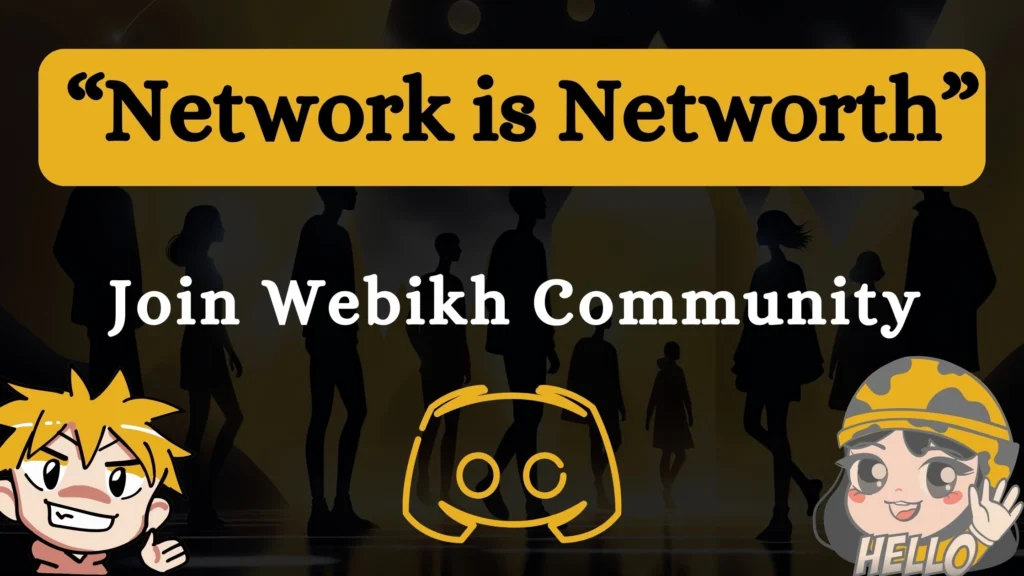
FAQ : AI & Blockchain for Healthcare
An example of AI in healthcare is using machine learning to analyze medical images like X-rays or MRIs for early disease detection.
What are the three applications of AI in healthcare?
Three key applications of AI in healthcare include diagnostic support, treatment personalization, and administrative automation.
Which blockchain is best for healthcare?
Hyperledger Fabric is often considered one of the best blockchains for healthcare due to its permissioned nature, privacy features, and scalability, which are crucial for sensitive medical data management.


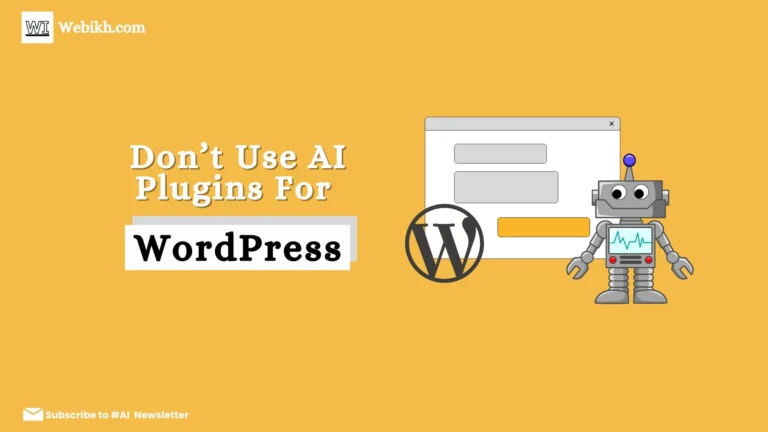


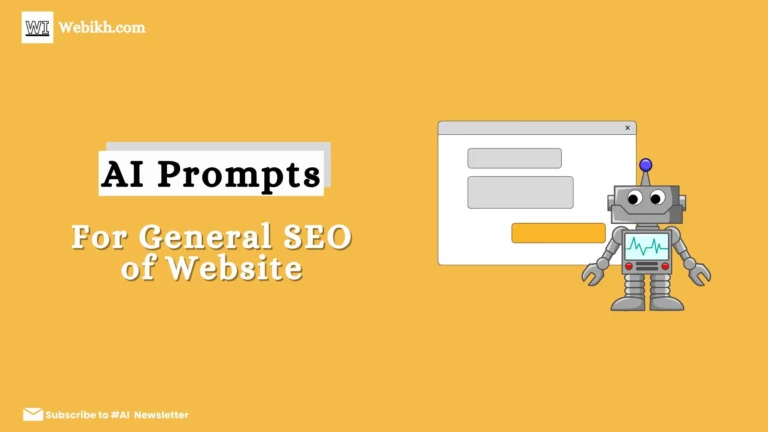
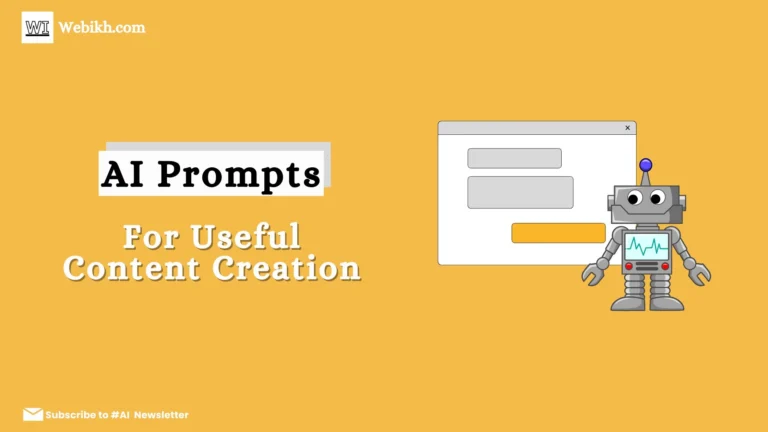
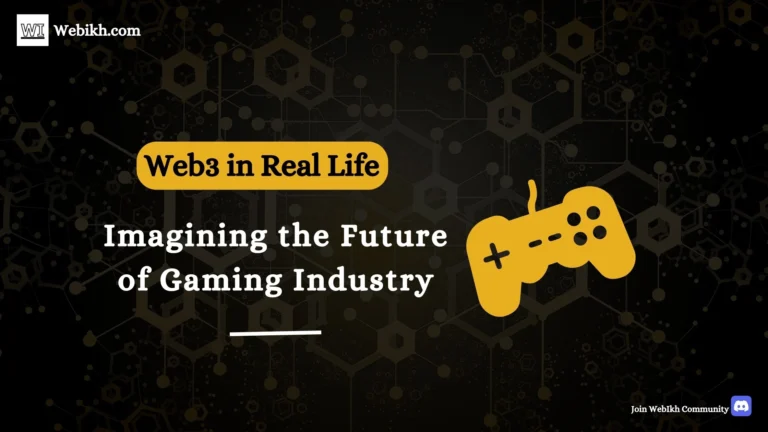
Can you be more specific about the content of your article? After reading it, I still have some doubts. Hope you can help me.
Can you be more specific about the content of your article? After reading it, I still have some doubts. Hope you can help me.